
Виноградники в районах, пострадавших от лесных пожаров, сгорели дотла. На этой неделе началась сложная работа по подсчету эко...
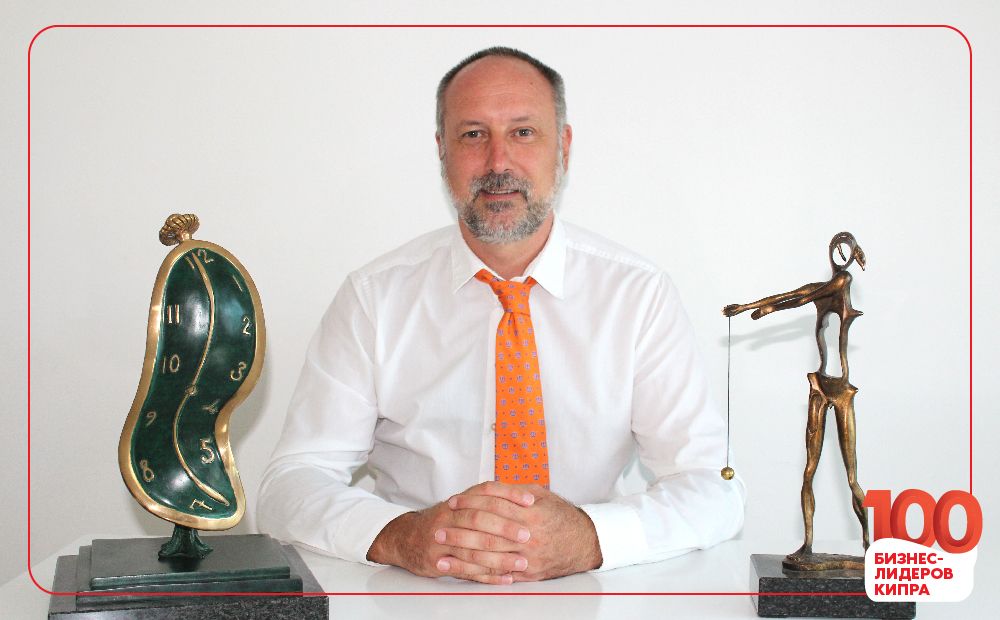
Массимо Мартина – коллекционер и дилер современного искусства. Опираясь на многолетний опыт работы финансовым директором одно...

В условиях лесных пожаров, опустошающих остров, бизнес-сообщество Кипра на практике демонстрирует приверженность социальной о...
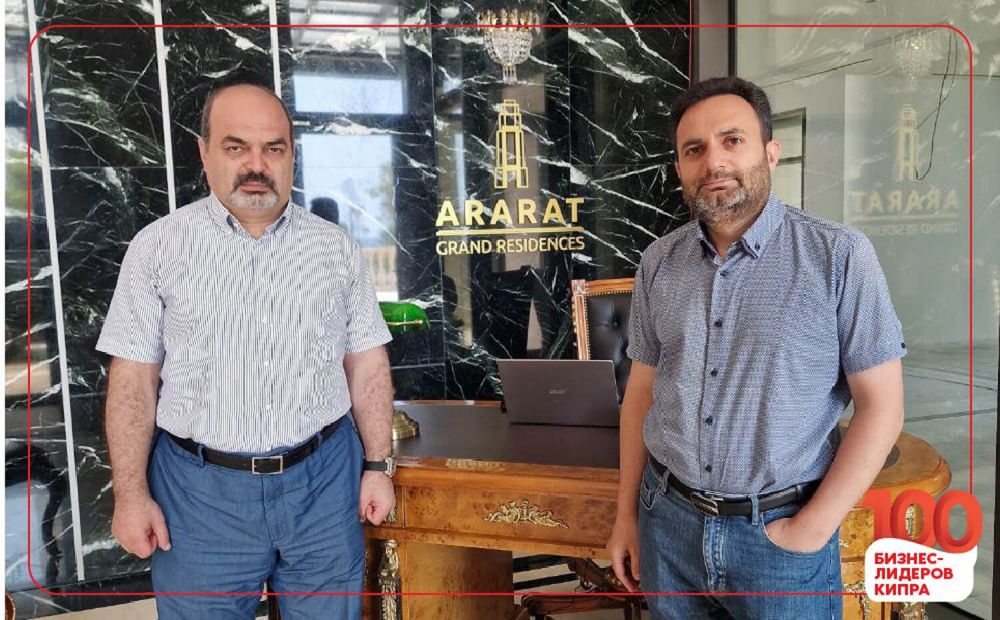
Давид и Александр Петросяны и Михаил Разинкин – сооснователи группы компаний CDA, которая сегодня занимает одну из ведущих по...

Кипр выполнил все юридические и технические требования для вступления в программу безвизового въезда в США. Страна в ближайше...

Стив Слокомб, основатель GRS Recruitment, вот уже два десятилетия формирует карьерные пути и помогает компаниям находить ключ...

Предстоящая налоговая реформа предполагает новые меры по борьбе с уклонением от уплаты налогов и повышению эффективности их с...

Центральный банк Кипра опубликовал бюллетень со свежими данными по экономике страны. Они включают в себя пересмотренный прогн...
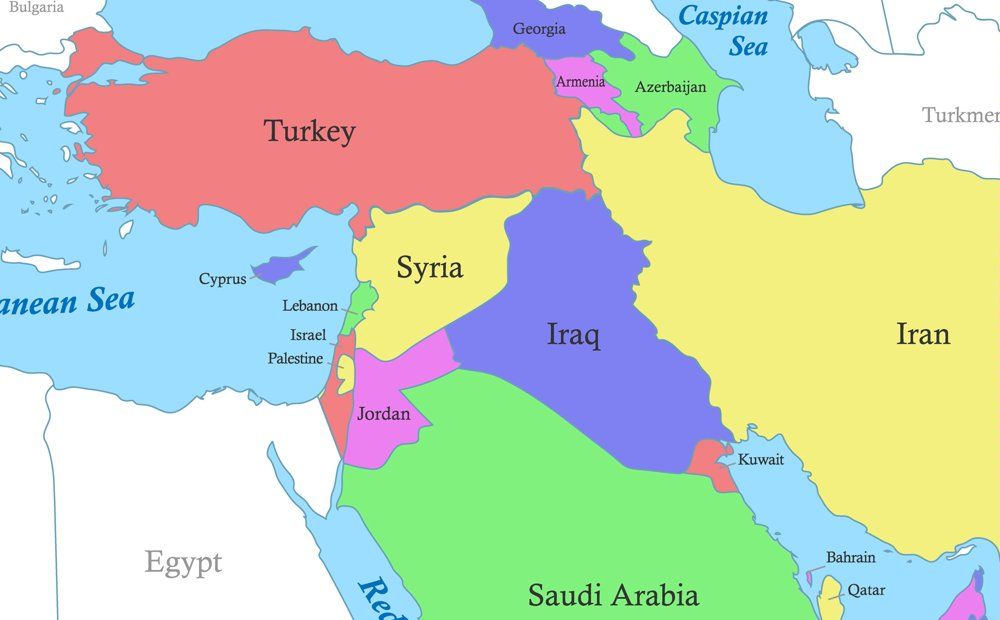
Аналитик Фиона Маллен рассуждает о кипрской проблеме и предлагает к рассмотрению варианты развития событий на фоне нового мирового беспорядка. Она поясняет, что с момента окончания Второй мировой войны в 1945 году и примерно до на...
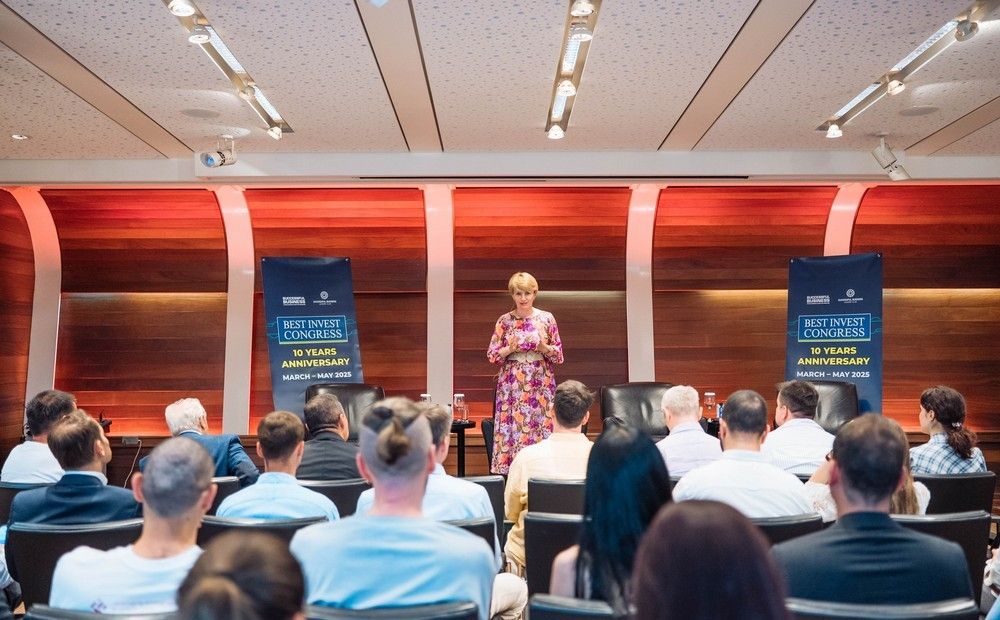
26 мая в Columbia Plaza состоялась финальная сессия Best Invest Congress 2025 – панельная дискуссия Best Invest Meets Tech Founders. Мероприятие объединило экспертов в сфере высоких технологий, инвесторов и основателей компаний, в...

Панельная дискуссия Yachting Beyond Luxury: Turning the Tide in Investment Opportunities состоялась 23 мая на площадке Limassol Boat Show в рамках Best Invest Congress 2025. Участники обсудили, как яхтинг превращается в элемент ин...

Давид и Александр Петросяны и Михаил Разинкин – сооснователи группы компаний CDA, которая сегодня занимает одну из ведущих позиций на рынке недвижимости Кипра. Их путь – это история о том, как семейные ценности становятся прочным ...

Стив Слокомб, основатель GRS Recruitment, вот уже два десятилетия формирует карьерные пути и помогает компаниям находить ключевых сотрудников. То, что началось как увлечение коммуникацией и человеческими связями в Лондоне, со врем...

Открытие компании на Кипре – это не только регистрация юрлица. Как не натолкнуться на отказ банка, не потерять право на налоговые льготы и не забуксовать в кипрской бюрократии? Эксперт Одиссей Меликидис объясняет, что нужно предус...

Каждый июль владельцы недвижимости на Кипре получают ежегодный счет на уплату сбора, часто называемого «налогом на канализацию» или «χαράτσι». Этот сбор часто вызывает у домовладельцев вопросы. За что вы платите на самом деле и по...

Начал работу новый портал налоговой поддержки для граждан и бизнеса. Новые инструменты включают расширенную базу знаний цифрового помощника и централизованную страницу поддержки пользователей. Цель – упростить налоговые процедуры,...

Виноградники в районах, пострадавших от лесных пожаров, сгорели дотла. На этой неделе началась сложная работа по подсчету экономического ущерба. Торгово-промышленная палата Лимассола и Министерство сельского хозяйства оценивают уб...
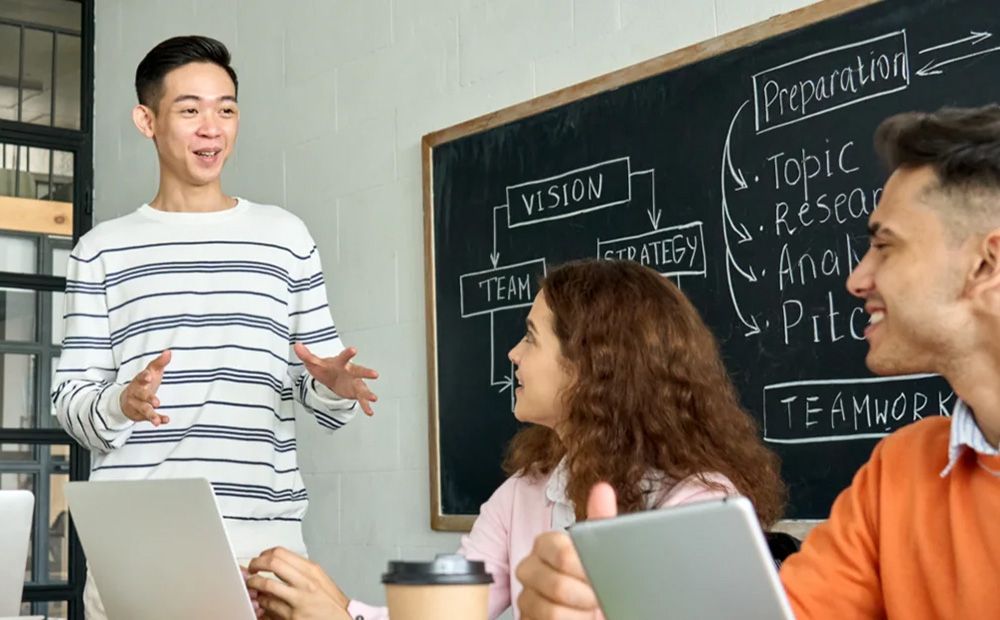
Кипр становится важным региональным хабом, привлекая международный бизнес, технологические стартапы и цифровых кочевников. Рынок труда страны стремительно трансформируется. Эти изменения обострили пот...

Кипр уже давно признан стратегическим центром форекс-трейдинга, во многом благодаря строгому надзору со стороны Кипрской комиссии по ценным бумагам и биржам (CySEC). Среди известных форекс-компаний, р...

В условиях лесных пожаров, опустошающих остров, бизнес-сообщество Кипра на практике демонстрирует приверженность социальной ответственности. Торгово-промышленная палата Лимассола призвала своих членов...

Предстоящая налоговая реформа предполагает новые меры по борьбе с уклонением от уплаты налогов и повышению эффективности их сбора. Новые законодательные предложения вводят инструменты принуждения, более высокие штрафы и стимулы дл...

До 31 июля все кипрские компании должны оценить объем будущей прибыли и заплатить половину предполагаемого налога. Налоговая система Кипра предусматривает уплату так называемого «предварительного налога» (Temporary Tax) – авансово...
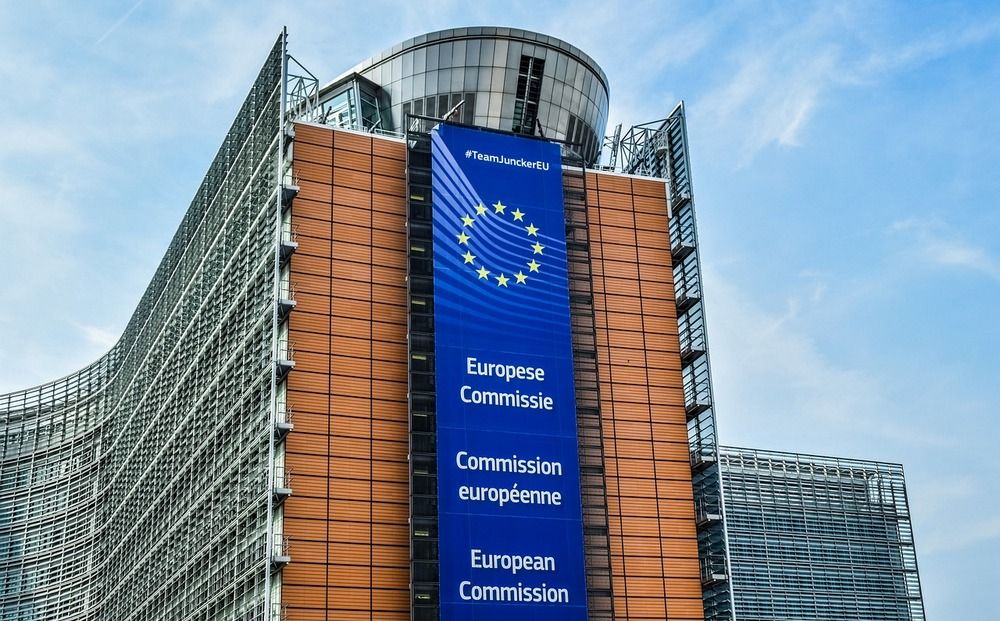
В своем шестом ежегодном докладе о верховенстве права Европейская комиссия заявила, что Кипр добился прогресса в реформировании системы правосудия. Однако длительность судебных разбирательств «вызывает серьезную озабоченность». Уп...

Количество регистраций автомобилей в мае этого года значительно выросло по сравнению как с апрелем 2025, так и с маем 2024 года. Какие марки пользуются наибольшим спросом среди новых и подержанных авто? Статистика за первые пять м...

В ближайшие месяцы ожидается отправление 2500 уведомлений о взыскании задолженностей по кредитам. Это затронет дома, квартиры, земельные участки, сельскохозяйственные угодья и магазины. Изъятие банками и кредитными организациями и...
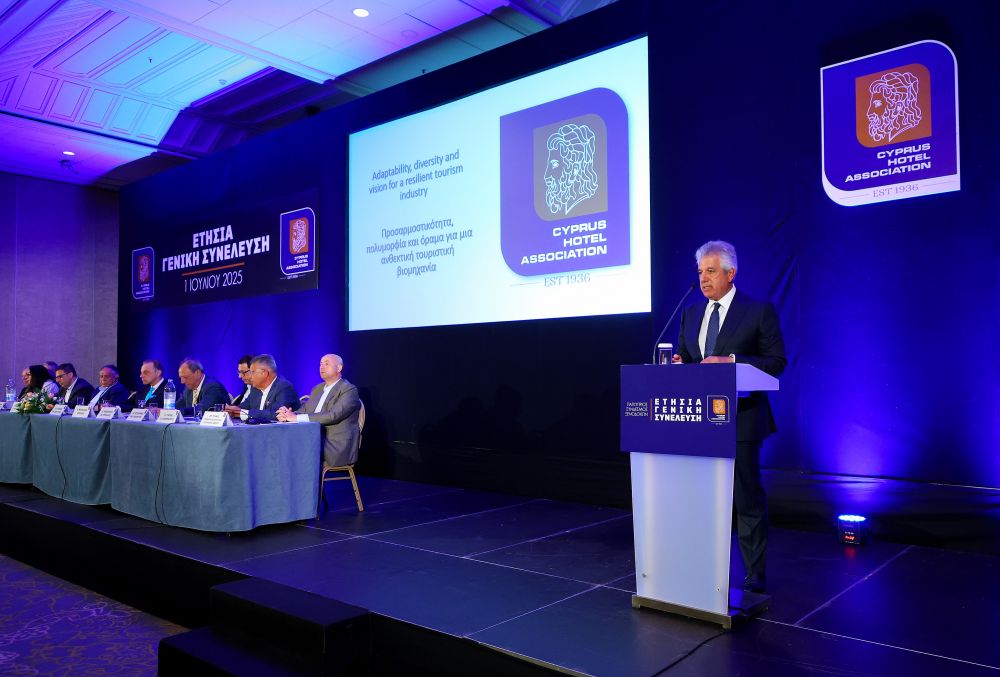
Несмотря на геополитические вызовы и экономическую неопределенность, туристическая отрасль Кипра в 2024–2025 годах демонстрирует впечатляющую устойчивость и динамику роста. Согласно данным, представленным президентом Ассоциации от...